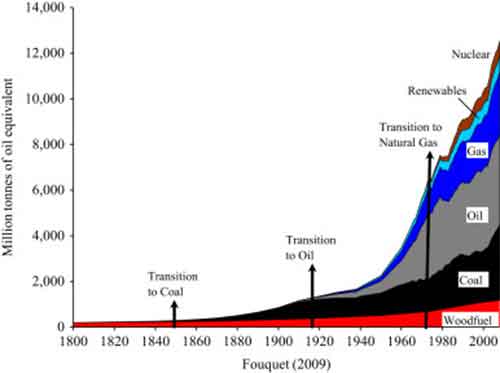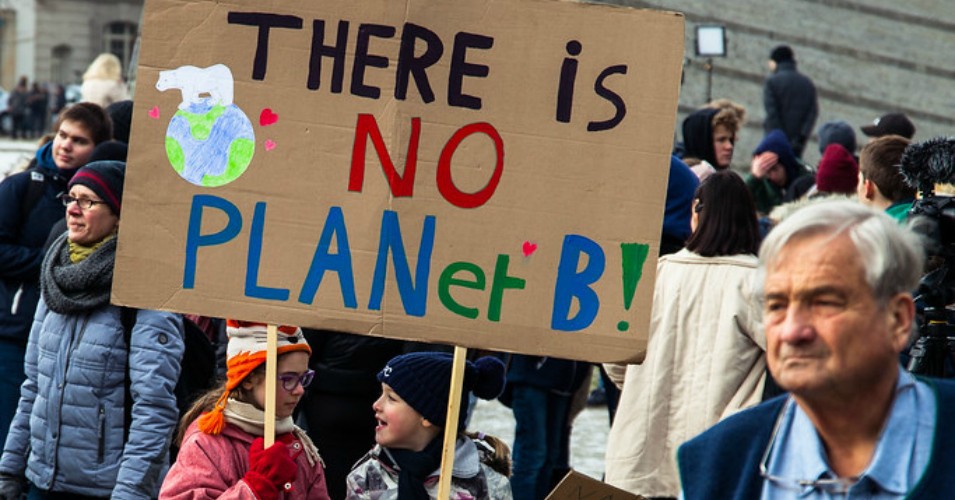
Karl Burkart is deputy director of the ENGO One Earth and a prolific writer on environmental issues. Recently he has published two opeds defending the energy transition (here and here). These opeds are well intentioned but still disinformation at a crucial time for climate mitigation.
I have written a critique of Mr. Burkart’s perspective, tried to find an address for him but couldn’t, and because of the importance of climate mitigation and the relative lack of informing debate about what is now needed, I’m writing it up as an open letter on the energy transition and disinformation:
Mr Burkart,
Just finished reading ‘OK Doomer..’ and ‘Six Steps..’ and while I know you are well intentioned this long time climate activist thinks you are in denial and that you are spreading disinformation at this crucial time for climate mitigation. I’m writing to explain.
First of all, you can call me a doomer because I think that, given the carbon budget science and the history of three decades of failed mitigation, staying below a 1.5C rise is no longer possible. But this doesn’t mean that I and activists who agree with me are giving up on mitigation – far from it, this dire conclusion means that we should be trying harder, doing whatever we can to get to effective mitigation, as quickly as possible, every tenth of a degree matters.
Secondly, I’m pro renewables, even techno-optimist enough to believe that present problems such as intermittency, storage, etc., will be resolved as the renewable tech matures. But there is abundant evidence to conclude that the ‘energy transition’ pathway by itself is grossly insufficient to reduce GHG emissions on the timescale now needed. The energy transition conception of climate mitigation is out-dated, obsolete, no longer fit for purpose, a failed Rube Goldberg machine that didn’t.
I agree with you about rejecting the disinformation from the fossil industry supporters concerning renewable tech, but if you recognize the imperative of real mitigation – which must mean reducing GHG emissions by at least half globally by 2030 – then you should at least understand the real, credible arguments against the energy transition path you advocate.
Consider this sentence:
Those in the US (and globally too) who are most active in mitigation science and policy are trapped in this energy transition conception of mitigation and really want it to work but that doesn’t mean that it will:
Energy transitions take decades we no longer have; historically new energy sources add to instead of displacing existing sources of energy; renewables aren’t decreasing fossil fuel use, and building renewable capacity of a scale needed to displace 50% of fossil fuel use by 2030 is now delusional.
The history of energy transitions is that they take a long time and that they are additive – the new energy source does not displace existing sources; renewables (while growing like topsy) did not reduce fossil fuel use over the past decade and shouldn’t be expected to do so on a scale needed to reduce emissions by half by 2030.
You can postulate an inflexion point for renewables but isn’t it abundantly clear that this isn’t going to mean – for only one example – that half the cars on the road are going to be EVs powered by non-fossil fuel electricity by 2030? To hope that the energy transition can work on the 2030 timeline is delusional.
The Post Carbon Institutes Richard Heinberg has recently written about this additive nature of the energy transition and he has also drawn attention to what is being called the Heinberg pulse: the amount of fossil fuel energy needed to build out renewable capacity in the energy transition (now quantified in this paper: the papers authors explain that the GHGs generated to build out renewables could equal five or six years of global emissions by 2050).
Most importantly, to achieve the emission reduction I think we both agree is necessary, we have to refocus on the fundamental problem and regulate a wind-down of fossil fuel production. This is the only mitigation pathway that could reduce emissions of a scale needed this decade.
Not only is the energy transition conception of climate mitigation ineffectual at achieving the imperative half by 2030 but it is now a delayer tactic – pretend mitigation as if we were actually doing something – that keeps us from even consideration of the only pathway with a chance at reducing emissions substantially and rapidly.
No one should be against building renewable capacity or increasing efficiency, etc ., but we should be using both arms of the climate policy scissors, supply-side policies as well as demand-side policies. We should be doing everything in our power to reduce emissions. We must confront the mitigation problem directly and at source – keeping fossil fuels in the ground.
Science-based critiques of the energy transition conception of mitigation should be part of any reasonable planning process to achieve effective mitigation. Yes, the fossil fuel industries and their supporters have directed disinformation campaigns against renewables and such campaigns should be condemned. But what about disinformation that keeps us within a mitigation path that won’t reduce emissions nearly enough while wasting very precious time? That continues to legitimate fossil industry BAU while diverting hope and attention away from supply-side pathways?
Reducing emissions substantially, rapidly, very much matters. Consider your kids or little Johnny in the future who would want us to do the right thing (instead of maybe the best we can do without lowering GDP). Should this be about building renewables so that we can displace fossil fuels or should it be about regulating a wind-down of all fossil fuel production and use, as quickly as possible?
Now this is an already too long email but only a sketch of the conversation we should be having. A reasonable conversation on the energy transition and disinformation could be of great benefit.
I’d like to be a climate activist who advocates for climate mitigation but given my country, Canada, and our history of pretend mitigation and never coming close to our climate targets, all the while heavily subsidizing the expansion of fossil fuel production, I’ve become rather something of an expert on pretend mitigation and I have written about this lack of due diligence to future generations often over the past two decades. These opeds in particular are relevant and, hopefully, useful:
The energy transition is not fit for purpose
Climate change: Canada’s continuing denial and appeasement
Bill Henderson is a long-time climate activist and Counter Currents contributer bhenderson(at)dccnet(dot)com














































